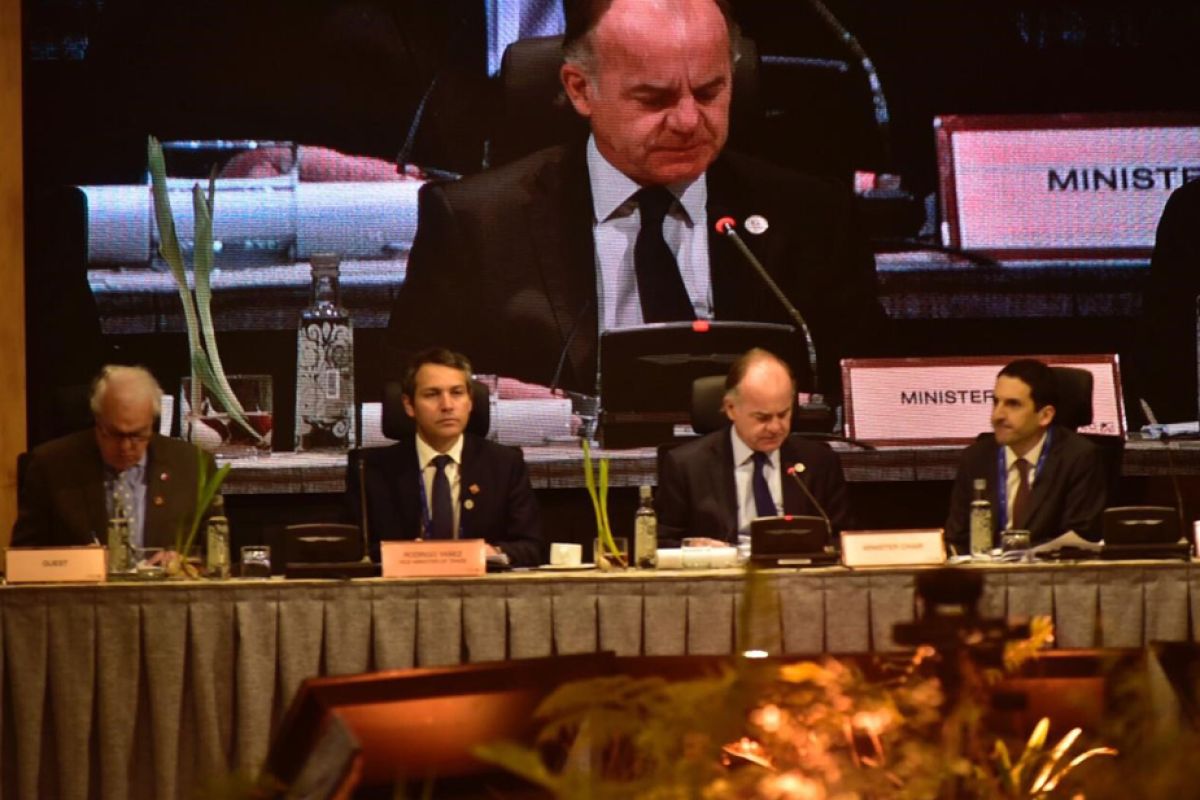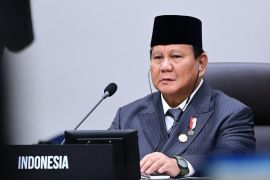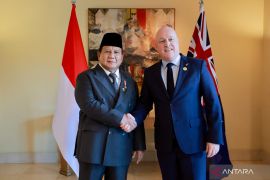At the fifth APEC Food Security Ministerial Meeting in Puerto Varas, Chile, the ministers concurred on the importance of continuing cooperation to curtail practices that pose an impediment to achieving food security and enhance the integration of the region’s farmers and fishers into global value chains for food trade, according to a written statement issued by APEC Policy Partnership on Food Security and received here on Saturday.
"We have this great opportunity to shape the future of our food systems, essential for our people - the ultimate reason to be here and do what we do," according to Antonio Walker, Chile's agriculture minister, the host economy of APEC 2019.
At the meeting, APEC ministers held discussions on the Asia-Pacific region's significant challenges to cater to the needs of its growing population that has recorded an over one percent annual growth.
Millions of rural farmers and fishers, especially women, rely on food production and trade for income and survival, progressively apprehensive in the face of changing climate conditions and resulting habitat degradation.
The ministers pointed out that marine litter, including plastic pollution, affects food security owing to entanglement of ocean wildlife with waste. In the meantime, seafood consumption constitutes almost 22 percent of the region’s average per capita animal protein intake.
Hence, addressing food insecurity encompasses taking action to protect marine environments and tackling illegal, unreported, and unregulated fishing.
APEC ministers also sought greater action to broaden access to finance and markets for small producers and the adoption of more technologies to enhance productivity in food production.
"The introduction of new technologies in each space of agriculture and food production can lead to more resilient productivity and sustainability in the agriculture production sector as well as in agri-food chains, with higher levels of traceability and transparency," Minister Walker stated.
Walker also highlighted the significance of predictable and open trade regimes to foster food security. "Trade, underpinned by transparent and non-discriminatory rules, leads to a greater flow of goods and integration of producers into markets," he stated.
Salahuddin Ayub, the minister of agriculture and agro-based Industry of Malaysia -- the host economy of APEC 2020 -- stated that trade policies that impact economies must be transparent and non-protective, and supported by evidence-based rules and regulation.
APEC has encouraged the development and application of integrated policies for agriculture, aquaculture, and fisheries in a bid to enhance productivity, curb food loss and waste, and bolster the sustainable utilization of natural resources.
EDITED BY INE
Related news: APEC urges expedited action to facilitate healthy aging
Related news: Leaders should derive optimal benefits from APEC for greater progress
Reporter: Yuni Arisandy Sinaga
Editor: Fardah Assegaf
Copyright © ANTARA 2019











